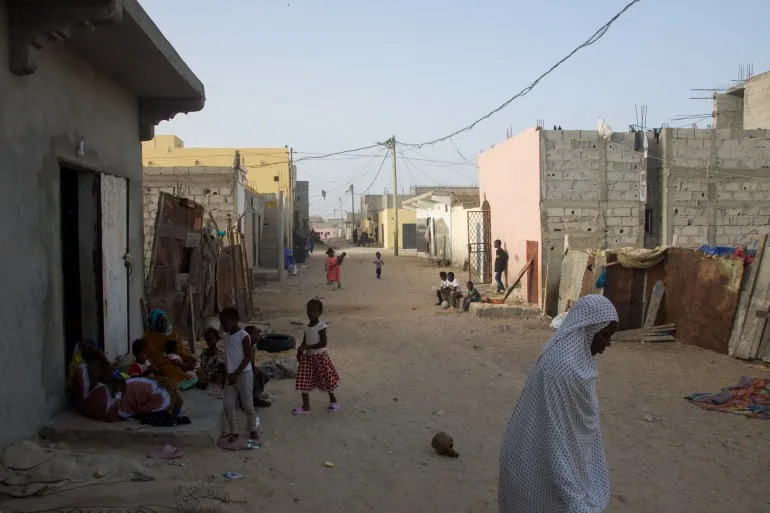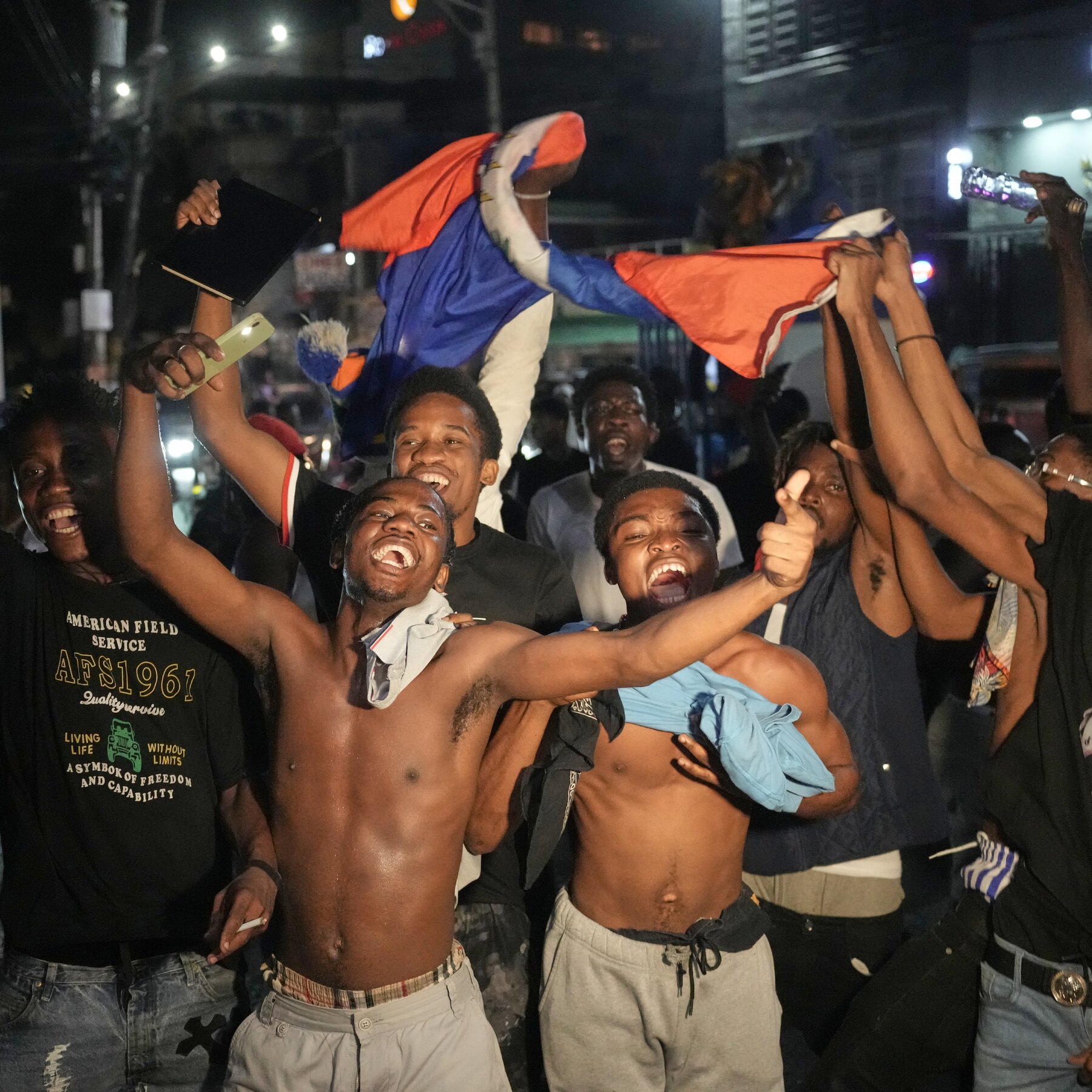In recent months, Mauritania has witnessed a significant crackdown on African migrants, resulting in mass deportations that have uprooted thousands from their homes. The campaign, which intensified in August, has seen armed police forcibly detain individuals, often without proper documentation or regard for their legal status. Reports indicate that many migrants, initially seeking better livelihoods in cities such as Nouadhibou, have been left vulnerable and dispossessed.
Omar, a 29-year-old bricklayer from rural Gambia, arrived in Mauritania in March, drawn by the promise of better pay. There, in Nouadhibou, he shared a cramped living space with friends and found employment in construction, earning two to three times more than he could at home. However, this hope turned to despair as the National Guard began sweeping through the city, targeting migrants for detention and deportation. Without a residence permit, Omar ceased working and confined himself to his housing compound, where he faced the grim reality of dwindling resources.
The Mauritanian Association for Human Rights (AMDH) reported that in March alone, approximately 1,200 migrants were deported, with around 700 of them holding valid residence permits. These figures highlight a troubling trend, as many individuals who had legally resided in the country found themselves swept up in the campaign. The government has not disclosed comprehensive statistics on the deportations, but government spokesman Houssein Ould Medou noted that while 130,000 migrants entered Mauritania in 2022, only 7,000 renewed their residence permits.
The Mauritanian authorities have justified their actions, asserting their right to control foreign movements on national territory. Interior Minister Mohamad Ahmed Ould Mohamed Lemine claimed that deportations were conducted “with respect for human dignity,” assuring that deportees would receive adequate provisions and medical care. Yet, many migrants report a vastly different experience, describing conditions as cruel and degrading.
Impact on Migrants and Communities
Migrants in Nouadhibou are part of a larger population that has long relied on the city for work. In 2020, the International Organization for Migration (IOM) estimated that around 32,000 migrants lived in the city. As arrests became more frequent, fear permeated the community. An Ivorian construction worker recounted multiple arrests within a week, where he and others resorted to paying bribes to secure their release. This pervasive culture of extortion has severely impacted their livelihoods, forcing many to rethink their options.
The deportation campaign has also disrupted family units. Mariam, a mother of two, was detained while seeking medicine for her sick child. Despite her protests, she was taken to a holding facility, highlighting the lack of compassion shown during these operations. Others, like Oumar, were separated from their children during arrests and now face uncertainty regarding their reunification.
As deportees are transported to detention facilities, they often endure humiliating conditions. Reports reveal that detainees are chained together, subjected to inadequate food and sanitation, and denied the ability to retrieve personal belongings. One detainee described being forced to share a bucket for urination, while another recounted hunger during his time in custody.
International Dynamics and Local Reactions
This crackdown coincides with a broader European Union initiative aimed at managing migration in collaboration with Mauritania. In February 2024, the EU announced a €210 million migration partnership deal, intended to bolster security and “migration management.” Critics argue that such agreements contribute to a cycle of human rights abuses, as the EU seeks to externalize its border control efforts to countries like Mauritania.
Rights groups, opposition politicians, and migrant advocates have expressed alarm over the government’s aggressive stance. Kadiata Malik Diallo, a Mauritanian opposition MP, criticized the mass expulsions, describing them as executed under “cruel and degrading conditions.” The Mauritanian government has remained largely silent on the allegations of misconduct, with requests for comments going unanswered.
While some deportees have managed to return to their home countries, the journey is fraught with challenges. Omar, upon returning to The Gambia, reflected on the relative safety of his home compared to the fear he experienced in Mauritania. However, the economic landscape remains bleak, as he struggles to find work and support his family.
Although conditions in Mauritania have driven many to consider fleeing to Europe, the costs and risks associated with such journeys deter most. Many migrants, like Omar, express a desire to return if the deportation campaign ceases, revealing the complex interplay between economic opportunity and human rights in the region.
As the situation evolves, the international community watches closely, hoping for a resolution that respects the dignity and rights of all migrants. The ongoing deportations serve as a stark reminder of the precarious existence faced by many in search of a better life.







